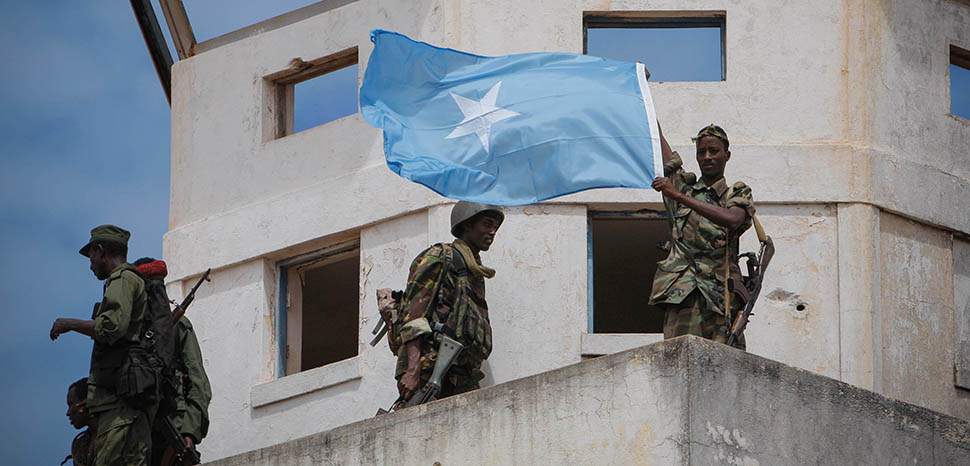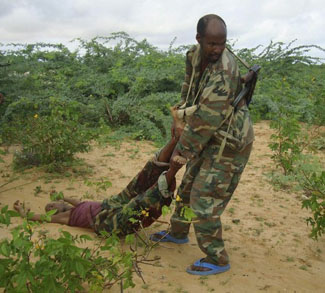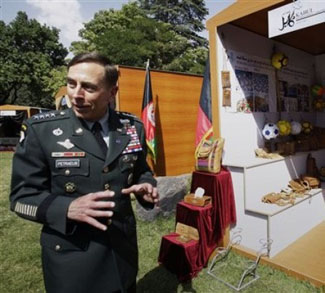In previous years, the state of Somalia has evoked ideas of instability, piracy, and extremism. In 2023 however, the Somalian government headed by Hassan Sheikh Mohamud made several large steps toward improving the security and stability, including the signing of initial trade pacts, military successes against Al-Shabaab militants, and an end to the UN sanctioned arms embargo. However, while Somalia has made significant progress there are nevertheless new challenges that have arisen. The recent Ethiopian and Somaliland SEA agreement, a surge in piracy, and political discord in the autonomous state of Puntland are a few such examples.
Puntland is a federal state of Somalia, but unlike regions to the southwest, it has its own executive political structure. In addition, unlike Somaliland to the west, Puntland seeks no international recognition as a sovereign state and remains committed to being a part of the state of Somalia, even during times of extensive conflict and uncertainty.
While Somalia has begun a transition towards stability, Puntland, traditionally seen as the more stable of Somali states during the civil war and subsequent Al-Shabaab militancy, has moved in the opposite direction. Political instability and infighting, deployment of security forces, and a recent much maligned election which saw the re-election of the controversial President Deni, which in turn brings to the fore questions regarding the future of Puntland’s role and the effect its current instability has on Somalia.
Instability in Puntland
The political discord mounted through 2023 with President Deni moving toward a new electoral system for the 2024 elections. The new system planned to move away from the traditional selection process of clan elders selecting representatives for parliament in favor of a universal suffrage system. While the shift was heralded by activists as a step toward a more democratic state, and mirrored the Somali state’s plans towards a one-person-one-vote system, the attempt was met by a significant amount of resistance from tribal leaders, eventually leading to armed conflict and unrest.
The characteristics of the unrest is rare due to its tribal origins and the decentralized nature of the social and political system; however, sources indicate that dozens have been killed in fighting as clans took action. In response, President Deni mobilized military and security forces throughout the state, pulling specially trained marine police from duty and occupying parliament with an infantry force, ensuring that the capital remained firmly under control. While the actions were justified as security measures, critics voiced concerns that Deni was preparing to forcefully extend his mandate rather than sit the presidential elections, despite Deni’s repeated attempts to dispel the notion.
Impact
Piracy, widely believed to have waned in recent years, has made a recent resurgence as multiple hijackings and threats have been reported. The Puntland marine police are sponsored by the UAE and are well trained and armed, though they are often cited as being overly involved in politics, and in the past they have been accused of acting as a private military for politicians in the region. Increased political discord will likely see security assets deployed to areas of unrest to secure the executive of the state and the recent increase in piracy will likely continue as local forces are engaged elsewhere and coalition forces focus on Houthi attacks across the Gulf of Aden.
Further afield, as the Republic of Somalia regains footing and territory in its ongoing fight against Al-Shabaab, Puntland will be an important facet of future plans in the north of Somalia, with its close proximity to Somaliland and access to the Gulf of Aden holding strategic value. While the Republic of Somalia has had its focus on Al-Shabaab, as it stabilizes it will surely turn its attention to its northern territory, particularly as tensions grow between the state of Somalia and the unrecognized Somaliland. While Somaliland remains a concern to the West, the restive SSC Khatumo, only recently secured following a period of fighting and unrest in the region, remains a concern for border disputes between Somalia and Somaliland, with Puntland being closely involved in the politics of the region. Moreover, political discord has resulted in tribal elders in the Khatumo state rejecting the Deni administration and breaking all political ties.
President Deni’s move towards a new political system coupled with the heavy-handed security presence has put a dent on his legitimacy and trust. With the re-election of Deni on the 8th of January, it seems oligarchs and elders in the state have been placated by his reversal of universal suffrage. However, protests continue in the capital and questions remain as to whether he can maintain stability in the Puntland state. Tribal politics will likely continue to be a concern in the future as elders push back against reforms and attempt to maintain their standing in the executive.
The political discord affecting Puntland is a reminder of how ingrained tribal politics are throughout Somalia despite government attempts to democratize political discourse. The state of Puntland can be seen as a microcosm of the issues that exist in Somalia, and it provides insight into the state of Somalian politics without referring to the effects of Al-Shabaab militancy. A stable Puntland will be able to secure coasts and effectively combat piracy while providing a platform for Somalia to face encroaching Ethiopian and Somaliland pressure. How the Puntland government handles the internal politics and security issues it faces will have a knock-on effect on the future of Somalian politics and security.
The views expressed in this article belong to the authors alone and do not necessarily reflect those of Geopoliticalmonitor.com.




